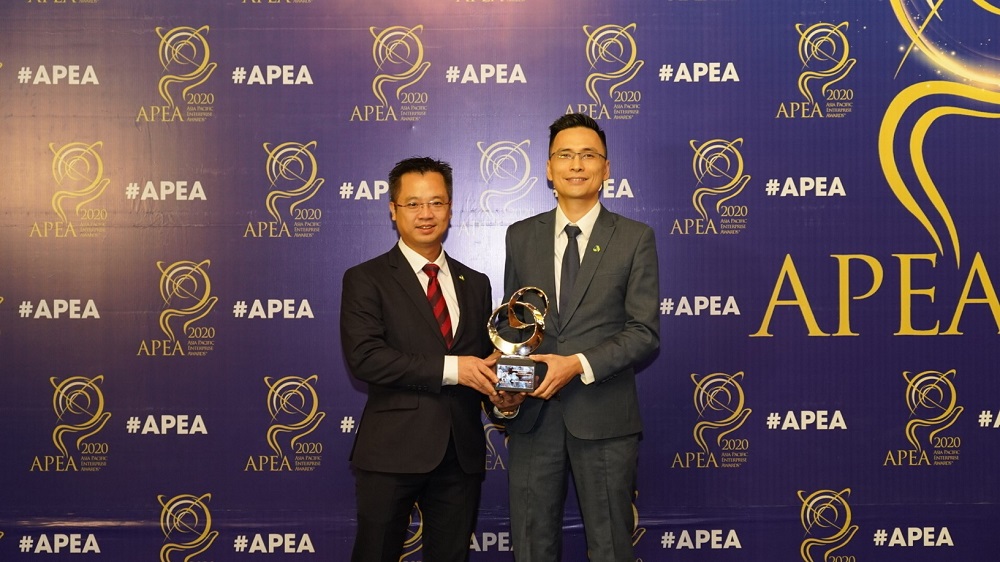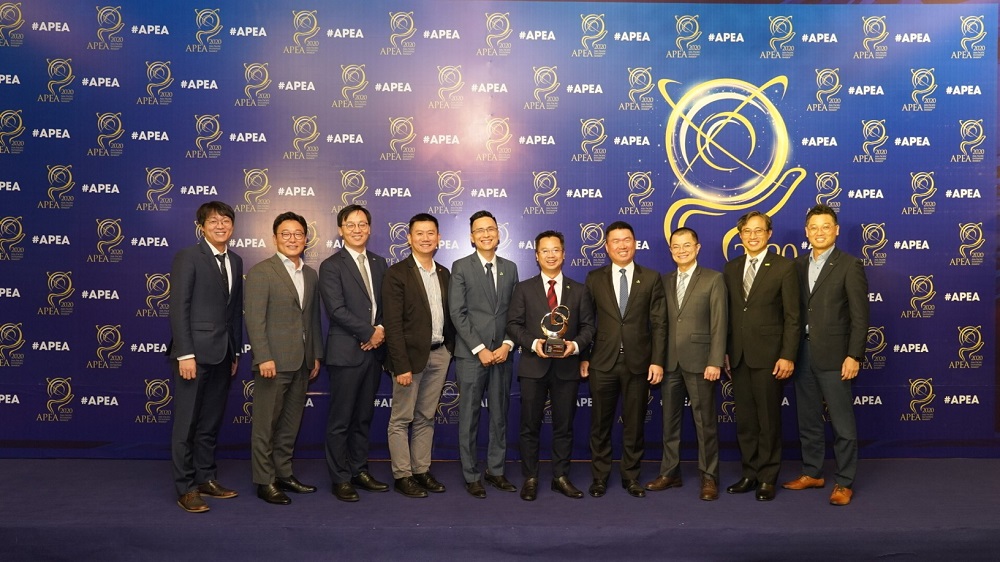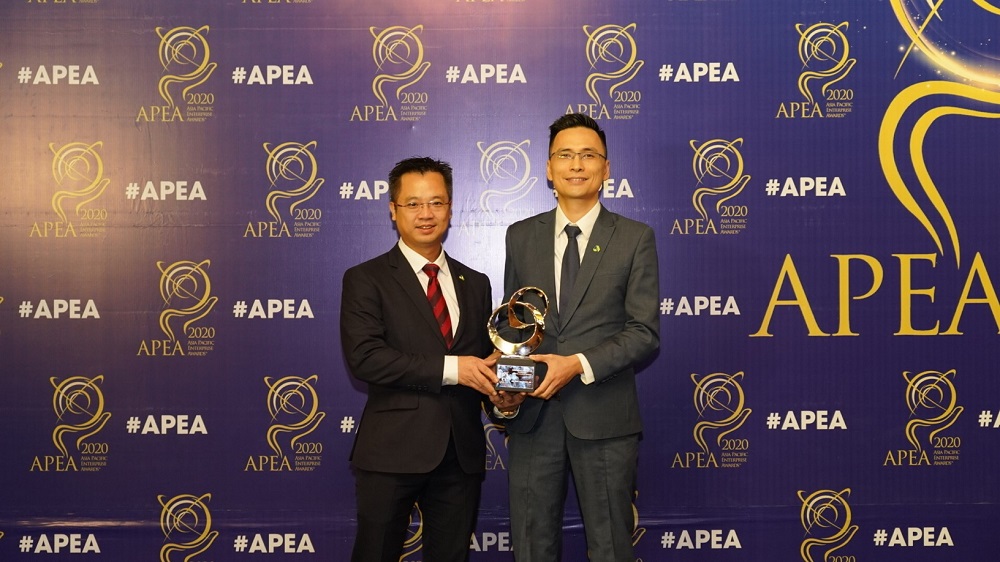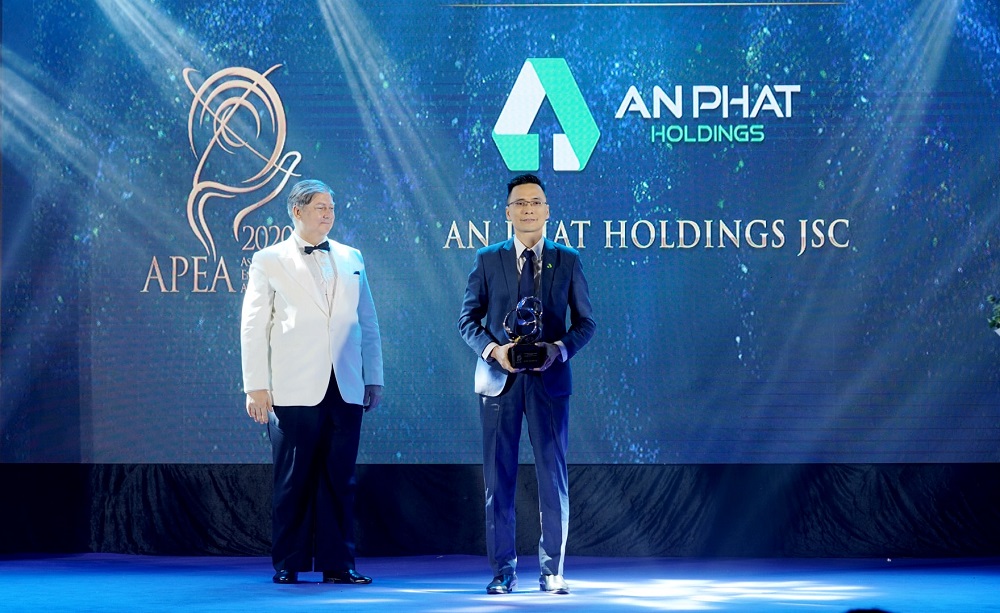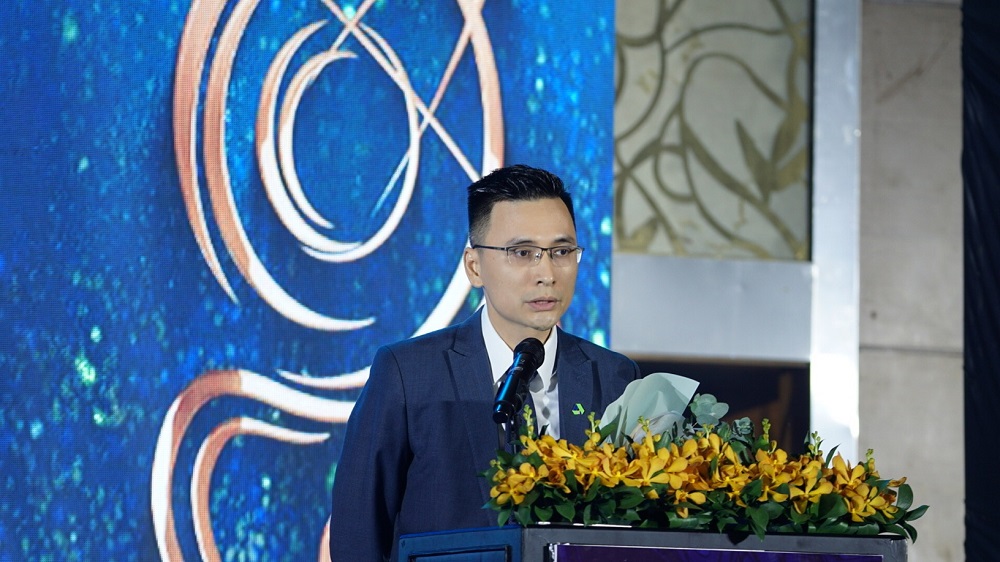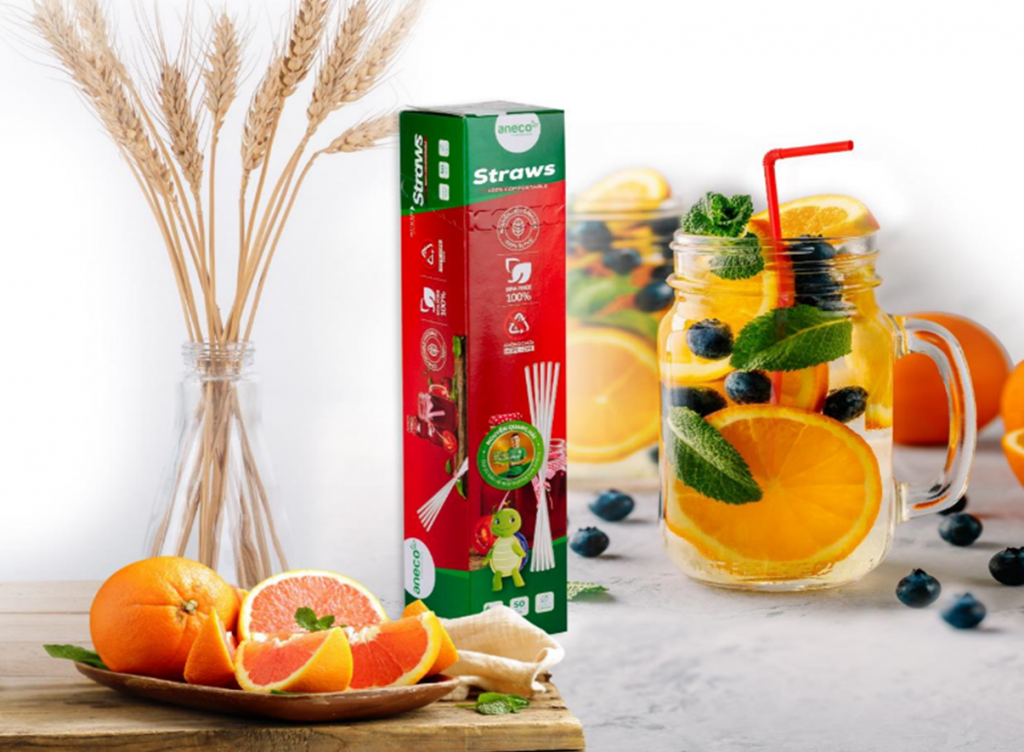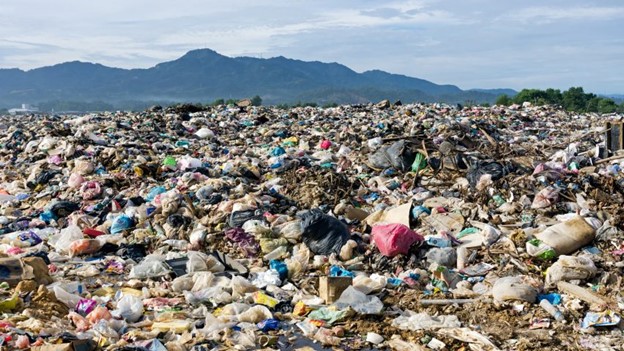Because of the “cheap and convenience”, single-use plastic straws that have become so ingrained in our daily lives. There is no doubt that they consistently make the top ten list of items found on the world’s beach. In the last three years, plastic straws have climbed the list to the Number 6 spot. Based on a study published in the journal Science, many scientists estimate that an average of 8 million metric tonnes of plastic enter the ocean every year. Some scientists even believe that by the year 2050, there will be more plastic than fish in the ocean (by weight), according to Ocean Conservancy.
One estimate suggests 180 billion straws are used in the US and at least 4.4 billion straws are estimated to be thrown away in the UK annually. In Vietnam, we have not had any specific statistic; however, the amount of plastic waste discharged annually always exceeds 1.8 million tons, up 200% from the previous year and is among the five countries throwing the most plastic waste into oceans, with China, Indonesia, the Philippines and Thailand.
We use plastic straws for an average of 20 minutes, but they stay around for approximately 500 years. They do not biodegrade in the ocean. Instead, it simply breaks down over hundreds of years into smaller pieces called microplastics which affect to the environment and human’s health.
- In the US, about 1,400 peoplevisit the emergency room every year due to injuries from drinking straws. The majority of incidents involve young children under 12 years old and lacerations to the mouth, abrasions to the cornea, or insertions into the ear and nose. Moreover, using recycled plastic straws may cause cancer.
- According to “One Less Straw” organization, 700 species of marine animals are in danger of extinction due to plastic including over 1 million seabirds and 100,000 marine mammals are killed by ocean plastic every year.
- Like most general plastics, plastic straws take 100 – 500 years to completely decompose and are the main factor which cause plastic pollution in the ocean.
Nowadays, many plastic straw alternatives are available on the market including straw made from paper, bamboo, glass, stainless steel, silicone… Thanks to the switching from single-use plastic straws to sustainable options, the amount of plastic straw are significantly decreased. However, these alternatives remain some disadvantages such as they can be used with hot or cold liquids, short durability, sensitive to humidity… Therefore, bio-biodegradable straws may be an environmentally friendly solution and cover all the above disadvantages.
The advantages of biodegradable straws: made from biodegradable materials which can completely decomposed into CO2, H2O and biomass from 6 months to 1 year in industrial conditions without any harmful to the environment.
Catching up with the trend of shifting from conventional plastics to environmental-friendly products and the demand of customers, we are investing in research and development to create high quality products and bring it to our customers. Currently, these products are launched under the brand name Aneco and available in the supermarket chain in Vietnam such as VinMart, BigC, Lotte Mart …
Anbio S1, S3
Using PLA and PBAT as the primary materials with high biobased content: 70% biobased for Anbio S1 and 60% biobased for S3. These products are available in various shapes and colours upon customer’s requests, from the straight drinking straw in a variety of bore sizes and flexi straws, Anbio offers the complete range. Our products are passed the test and certified by BPI, FDA approved and currently supply for The Coffee House, Vinamilk, Highland Coffee…

Anbio S2, S11
Made by biodegradable materials are PLA and PBAT with the addition of cinnamon pulp (for Anbio S2) and coffee powder (for Anbio S11). These products are light gray and coffee vein thanks to the blended powder, natural odor, high elasticity and friendly to the environment.

Anbio S4
Anbio S4 has a natural yellow-brown color and is a combination of superfine wood powder (200 – 300 mesh), PLA and PBAT. We offer straight straws in different lengths and diameters, from 130 – 140 mic with diameter of 4.8 mm to 170 – 180 mic with diameter of 5.4 mm, and in a wide range of colours to match your package design.

Anbio S7
Made by special materials with high crystal content for heat resistance, up to 70-75oC or 90oC, these products are very suitable for either cold and hot drinks. They’re also odor/taste free, which is friendly to the environment and safe for users.

In addition, we also have a variety range of fine wood powder straws with attractive scent such as Anbio S6 with green tea, Anbio S8 with vanilla and Anbio S10 with chocolate flavor. These products can keep the scent for a long time and making it a drink to savor!







